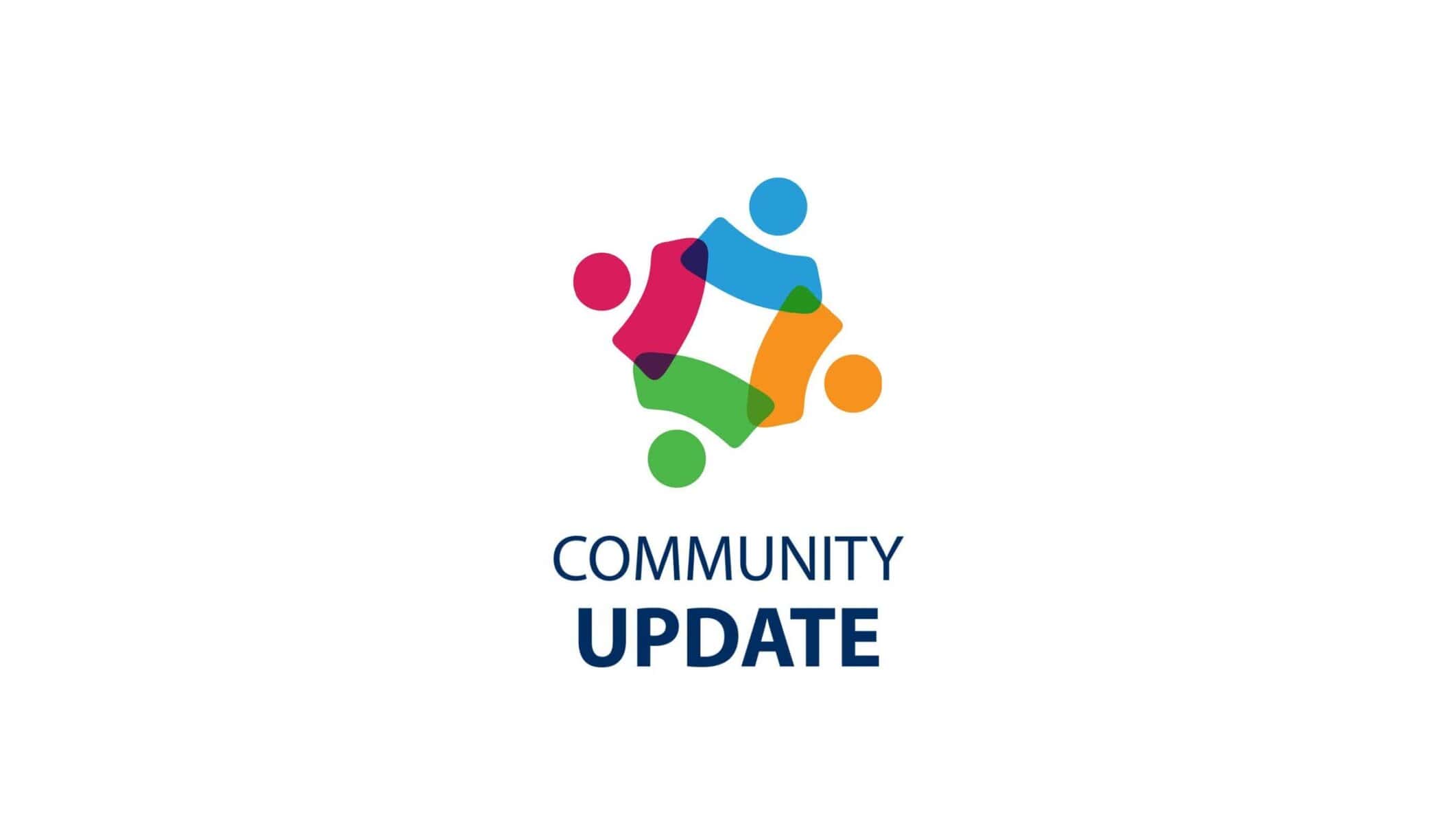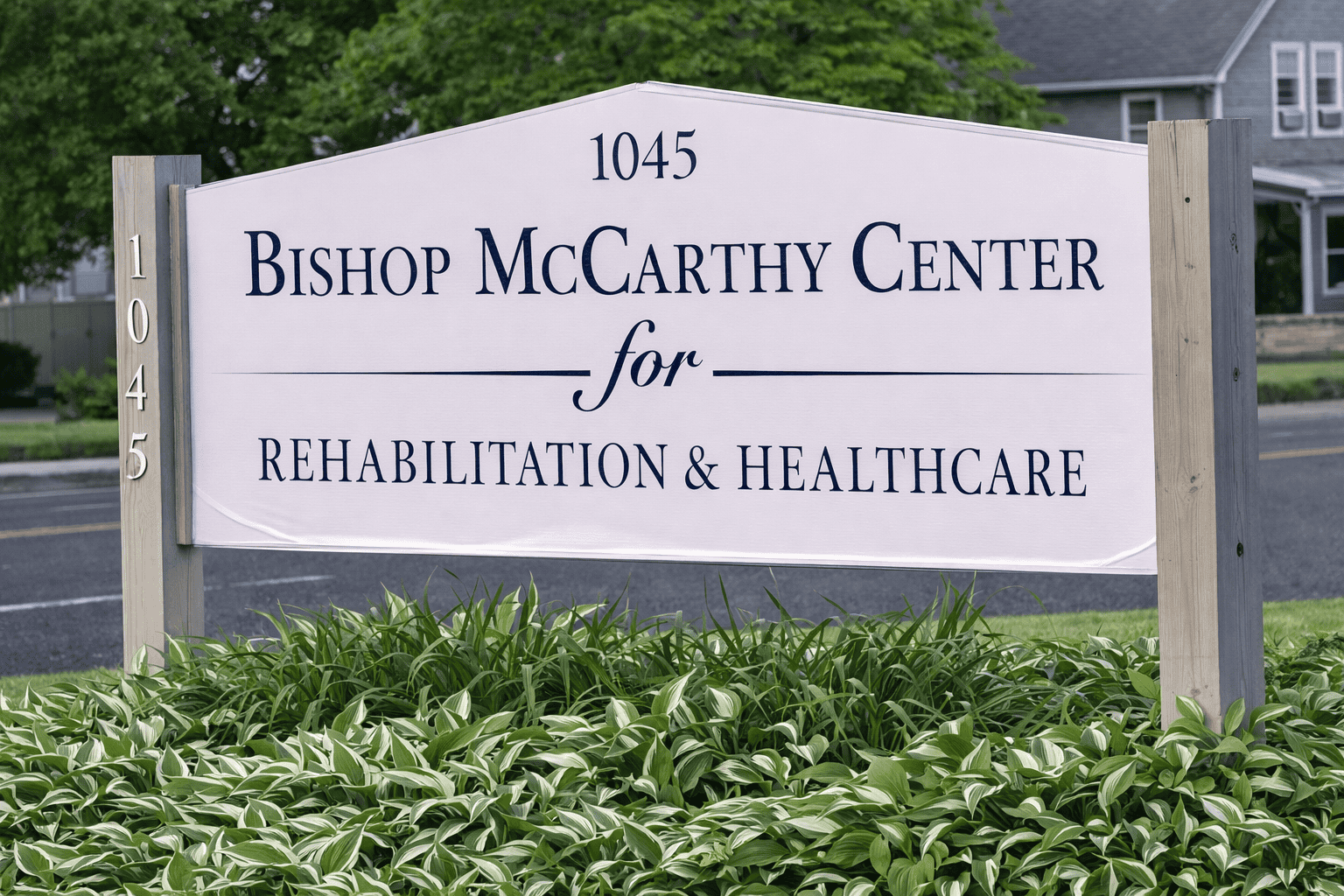NJ Unemployment Reaches Milestone

 The New Jersey Department of Labor has distributed $1.9 billion in income-supplementing benefits since the COVID-19 pandemic began in mid-March, and this week saw new unemployment claims for the period surpass 1 million, an all-time high.
The New Jersey Department of Labor has distributed $1.9 billion in income-supplementing benefits since the COVID-19 pandemic began in mid-March, and this week saw new unemployment claims for the period surpass 1 million, an all-time high.
In the seven weeks since COVID-19 hit New Jersey in mid-March, 1,018,785 unemployment claims have been filed, by far the most ever recorded for a similar period.
With more than 642,000 now receiving unemployment in the Garden State — and an additional 72,000 federal Pandemic Unemployment Assistance (PUA) claims processed last week — the Department has created online guides to walk people through the weekly certification process. Certifying for benefits each week is required by federal law. But the certification questions have been an obstacle for tens of thousands of claimants who have answered a question incorrectly and had their payments delayed.
The certification tips can be found at myunemployment.nj.gov/labor/myunemployment/covidinstructions.shtml
Last week also marked the start of processing payments for Pandemic Unemployment Assistance (PUA), a new federal program authorized by Congress as part of the Coronavirus Aid, Relief and Economic Security (CARES) Act. These benefits are for self-employed, independent contractors or those who do not have enough recent earnings to qualify for regular unemployment benefits.
The CARES Act also authorized a 13-week extension of unemployment benefits to workers who have exhausted their 26 weeks of New Jersey unemployment. Those benefits are expected to start being offered May 18 for those who exhausted their benefits since last July.
The Labor Department has posted guides for self-employed, independent contractors and others who might be eligible for PUA that explain the benefits and walk them through the application process. Those guides can be found here.
Information on certifying for unemployment can be found at myunemployment.nj.gov/labor/myunemployment/schedule.shtml.






